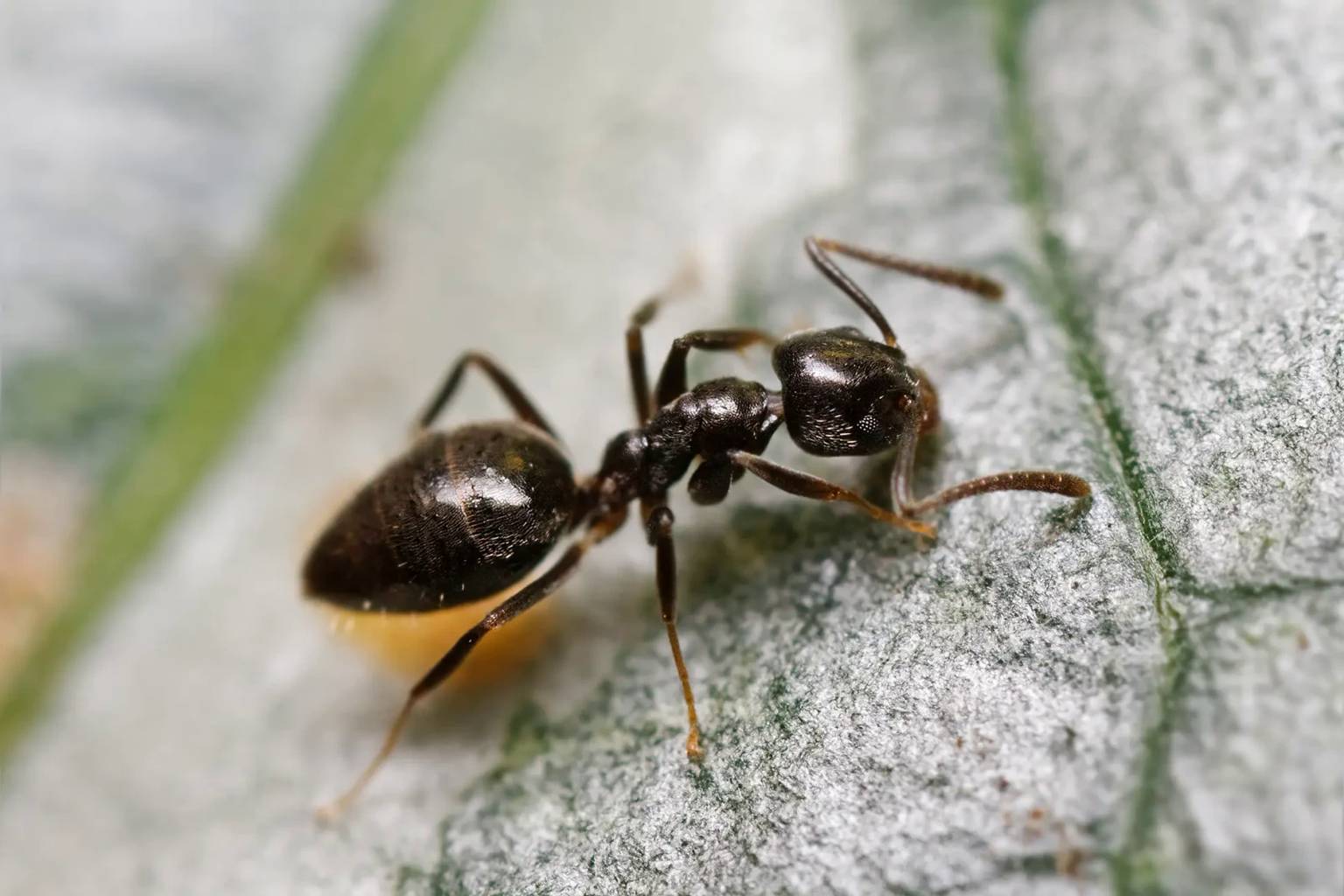Have you ever instinctively smashed an ant crawling across your kitchen floor? That well-meaning smash might be doing more harm than good, according to scientists. New research shows there is a surprising reason why crushing an ant could bring more ants straight to your home instead of solving your pest problem. This insight opens the door to kinder, smarter ways to deal with these tiny intruders.
Let’s explore why your first impulse to squash an ant might backfire and discover natural, effective methods to keep ants away without inviting more.
Why crushing ants draws more ants to your home
Here’s the unexpected part: when you crush an ant, the ant’s body releases a specific odor — a chemical signal to alert its colony. This smell acts like an SOS beacon, attracting countless other ants from nearby nests. Instead of ending the problem by killing one ant, you could be summoning a swarm.
This behavior is part of the ants’ complex social communication. The unfortunate demise of one ant becomes a warning to the whole colony, triggering many others to come investigate and possibly invade your space.
I recall last summer when I saw a single ant in my kitchen. I squashed it quickly, thinking I had solved the problem. But just an hour later, a flood of ants had arrived, all seeking the fallen comrade they had detected by scent. It was frustrating but eye-opening. That experience compelled me to find smarter, less aggressive strategies to keep ants at bay.
Natural remedies to keep ants away without more showing up
Experts suggest gentle, natural ways to deter ants that won’t activate their alarm systems. These solutions can prevent more ants from arriving and help you manage your home environment peacefully.
– Baking soda and sugar: Mix equal parts baking soda and sugar, then place small amounts near ant trails or entry points. The sweet sugar lures ants while baking soda affects their digestion when taken back to the colony, helping reduce numbers.
– Vinegar spray: Combine equal parts white vinegar and water in a spray bottle, and apply it where ants appear. The strong vinegar scent confuses ants and disrupts their scent trails, discouraging return visits.
– Lemon juice: Spray fresh lemon juice around doorways or on ant paths. The acid in lemons interferes with ants’ navigation, sending them away for good.
– Mint essential oil: Add a few drops of mint oil to water and spray affected areas. Mint’s strong scent repels ants naturally without chemicals.
– Diatomaceous earth: Sprinkle this natural powder where ants walk. It’s abrasive to their exoskeleton and causes dehydration, helping control the colony.
– Soap and tea tree oil mix: Blend liquid soap with a few drops of tea tree oil and water, then spray ant hotspots. This safe, natural repellent works well indoors.
– Honey traps: Smear a bit of honey on wax paper near ants. They get stuck to the sticky surface, reducing their numbers.
These methods let you work with nature to manage ants rather than provoke bigger invasions. They’re safer for families, pets, and the environment too.
A fresh perspective on coexisting with ants
Thinking back to my own battle with kitchen ants, I’ve learned that instant destruction only escalates the problem. Understanding how ants communicate turned this nuisance into a learning opportunity. Now I keep my kitchen clean and use gentle remedies to keep ants away without triggering swarms.
Have you noticed ants multiplying after you kill one? Or do you have your own tricks to keep these tiny creatures at bay? I’d love to hear your stories and successful strategies.
By changing how we see ants—from pests to fascinating social beings—we can create calmer, cleaner spaces without stress. If this helped you rethink dealing with ants or saved you from a bigger infestation, leave a comment, share your thoughts, or pass this article along to a friend battling ants. Your experience might be exactly what they need to hear.
